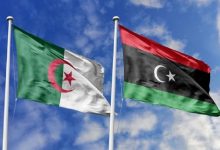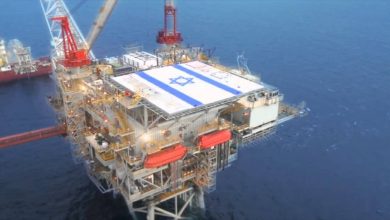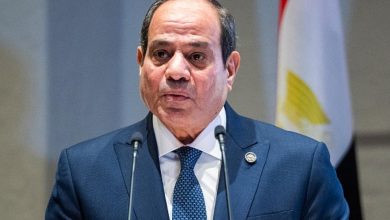Mauritania and IMF Reach New Agreement to Boost Economic Reform and Sustainability
Fourth Review of Extended Credit Facility and Third Review of Resilience Program Mark Significant Progress in Mauritania’s Economic Stability.
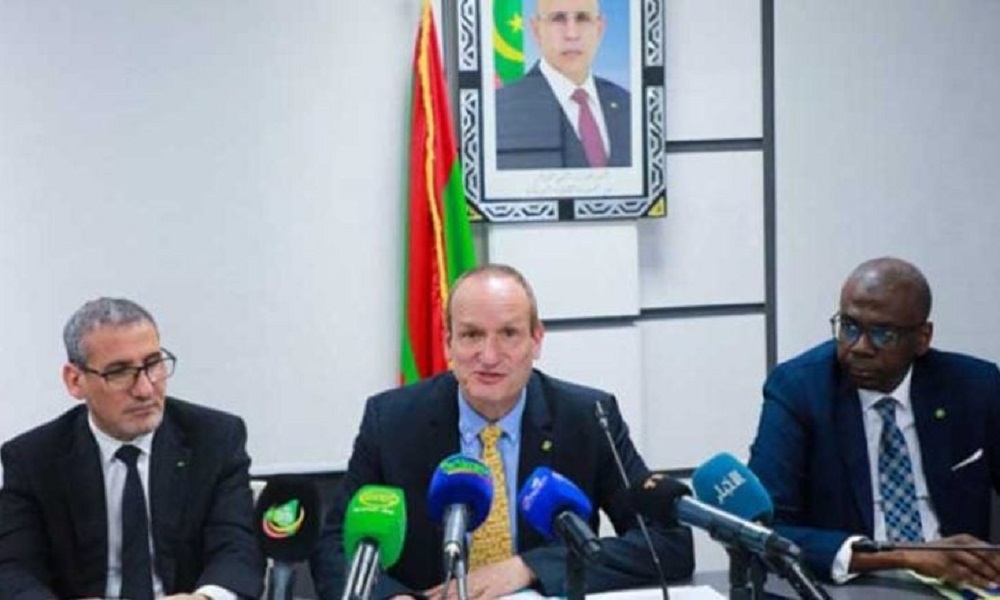
Watan-The Mauritanian government and the International Monetary Fund (IMF) announced on Monday a new agreement under the fourth review of the Extended Fund Facility (EFF) and the third review of the Resilience and Sustainability Facility (RSF).
This agreement comes as the outcome of two weeks of technical consultations between Mauritanian officials and an IMF mission, during which the two sides conducted a comprehensive assessment of the national economy and ongoing reforms across various sectors.
The IMF praised Mauritania’s progress in achieving economic stability and implementing structural reforms. It also emphasized the need to continue efforts to diversify the economy and strengthen the contribution of non-extractive sectors to growth, in order to enhance the country’s resilience to external shocks and promote more inclusive and sustainable development.
Financial Agreement and Disbursement
The agreement covers:
-
The fourth review of the EFF-supported reform program,
-
The third review of Mauritania’s program under the RSF.
According to IMF mission head Felix Fischer, and contingent on approval by the IMF Executive Board, the agreement would release:
-
6.4 million Special Drawing Rights (SDRs) (approx. $8.6 million USD) under the EFF,
-
14.86 million SDRs (approx. $20.1 million USD) under the RSF.
This would bring total disbursements to Mauritania under both programs to 111 million SDRs (roughly $148.4 million USD).

Economic Outlook and Performance
The IMF noted that Mauritania’s economic performance in 2024 exceeded expectations, with GDP growth reaching 5.2%, compared to an earlier projection of 4.6%. Growth in 2025 is expected to slow to 4.0% due to a contraction in the extractive sector. However, the medium-term outlook remains positive, assuming continued structural reforms to broaden the economic base and strengthen non-extractive sectors.
According to the mission’s statement, the economic program has met all quantitative targets set for the end of December 2024.
Fiscal adjustments aligned with program objectives, supported by improved tax revenue mobilization and public spending control. The authorities’ commitment to budget discipline and a flexible exchange rate policy contributed to macroeconomic stability and bolstered the country’s capacity to manage external shocks amid global uncertainty.
The government pledged to maintain a non-extractive primary deficit of no more than 15.4 billion ouguiyas (approx. 3.4% of GDP) in 2025.
Structural Reforms and Governance
The IMF commended reforms including:
-
New legislation governing the central bank and banking sector,
-
A revised investment law,
-
Steps to strengthen governance and transparency, including asset and interest declaration laws, and the establishment of an independent anti-corruption authority.
The IMF urged Mauritania to finalize implementation decrees related to state-owned enterprises, the investment law, and the Nouadhibou Free Zone.
Climate Policy and Energy Sector
The IMF praised Mauritania’s commitment to its climate agenda, including the adoption of a new nationally determined contribution (NDC) and a decree allowing private energy producers access to national electricity grids.
The mission also reviewed the country’s preparations to launch an automatic fuel pricing mechanism, emphasizing the need to target subsidies to vulnerable populations to mitigate social impacts.
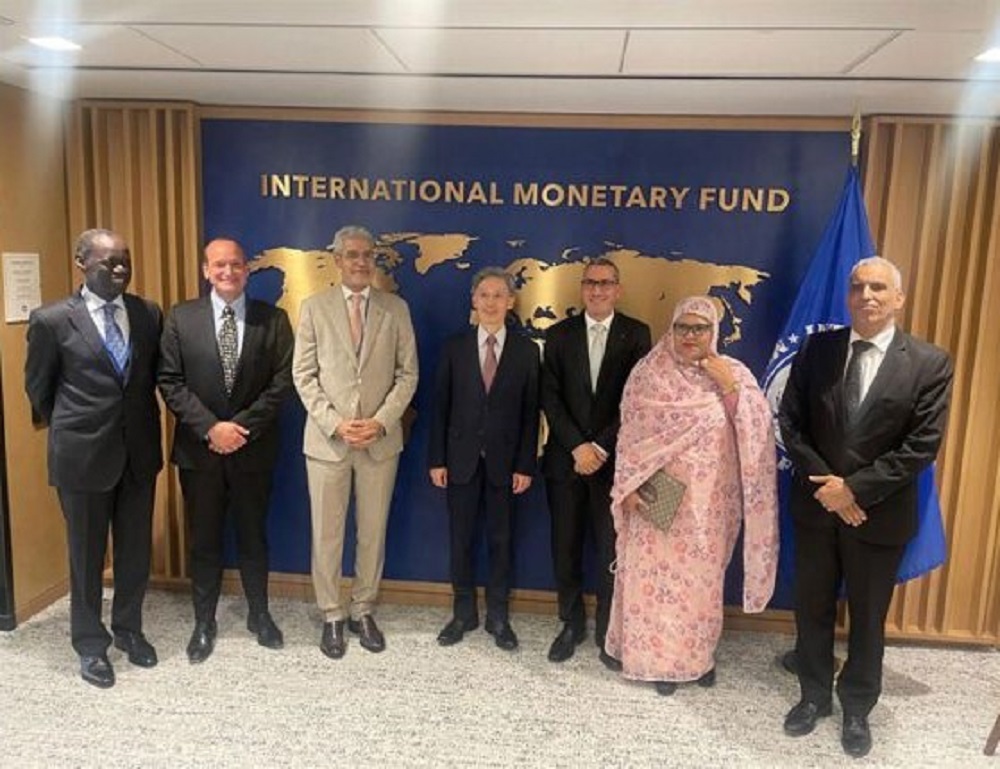
Press Conference Highlights
In a joint press conference, Felix Fischer reiterated that Mauritania’s 2024 economic performance was stronger than expected, reflecting dynamism in the non-extractive sector, which is expected to support growth into 2025.
He stressed that continued reforms, economic diversification, fiscal discipline, and exchange rate flexibility are essential for maintaining economic resilience.
Koudiouro Moussa, Minister Delegate for the Budget, praised the technical and financial support provided by the IMF and noted that the agreement reflects the soundness of Mauritania’s economic policy choices.
He stated that the government is focused on mobilizing domestic resources to fund investments that generate employment, improve living standards, and reduce poverty—especially among vulnerable groups.
Central Bank Governor Mohamed Lemine Dhahabi confirmed that the IMF had reviewed progress in macroeconomic stabilization, governance reforms, and anti-corruption efforts.
He highlighted reforms to:
-
Modernize monetary policy,
-
Develop the interbank market,
-
Improve banking supervision,
-
Strengthen the flexible exchange rate regime.
He also reaffirmed the central bank’s commitment to inclusive and sustainable financial development, citing an increase in financial inclusion from 21% in 2021 to 45% in 2024.
Over 1 million citizens now use the GIMTEL interoperable payment platform, and a national financial education program has been launched.
Foreign exchange reserves have reached $2 billion, covering around seven months of imports, demonstrating the success of ongoing fiscal and monetary reforms under the Resilience and Sustainability Program. The central bank also credited monetary market performance with stabilizing the national currency and improving macroeconomic balances.

